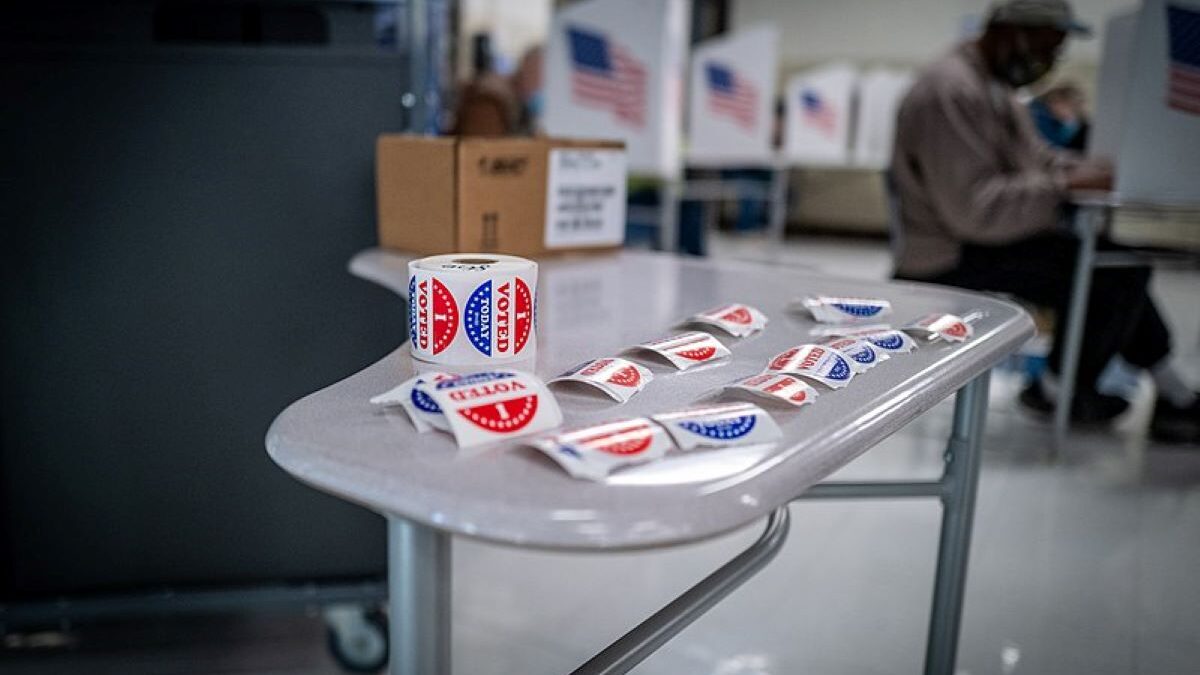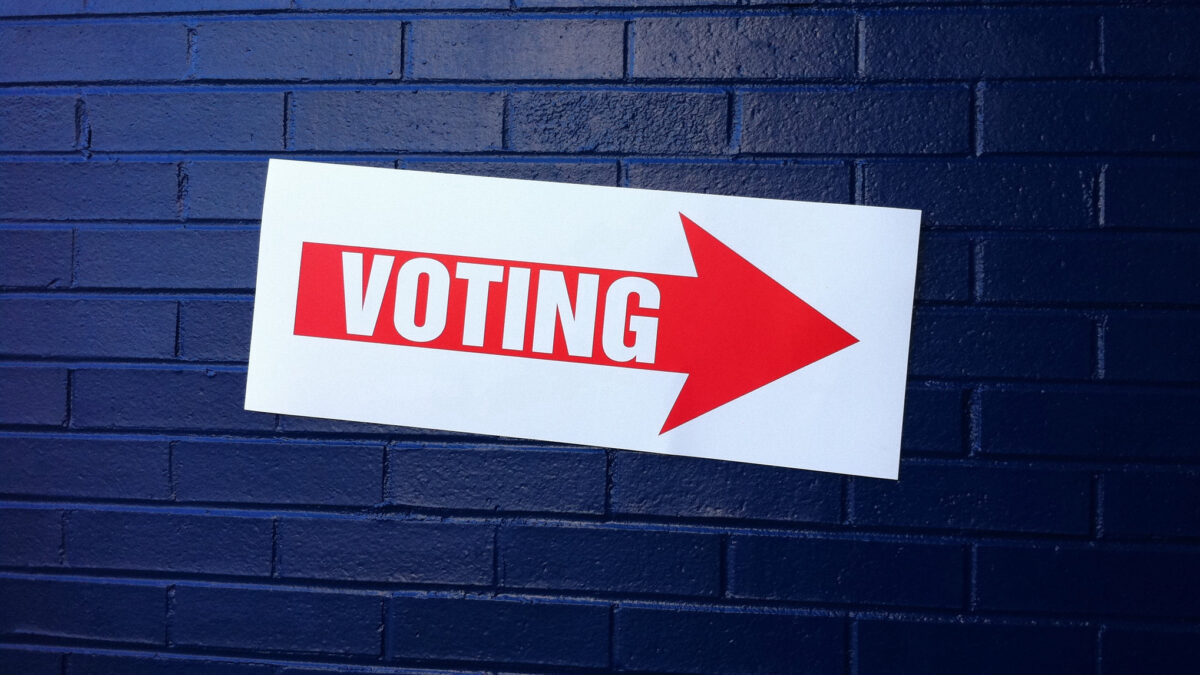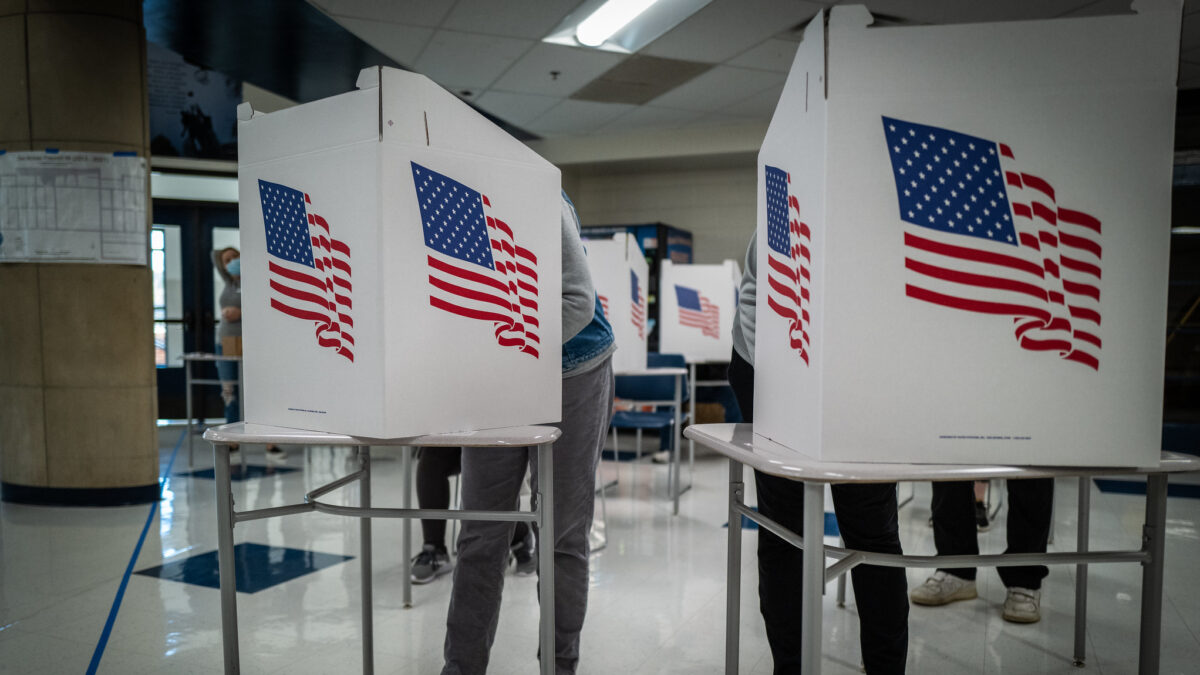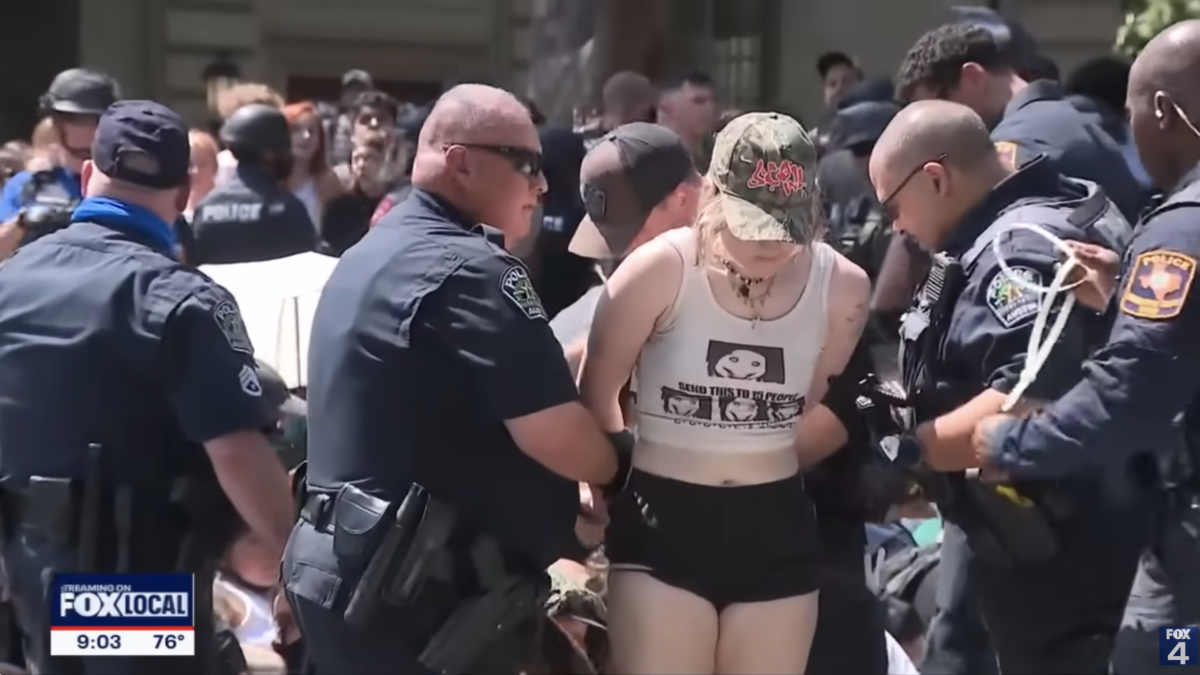Over the past two weeks, regime-approved press outlets have run several articles rushing to the defense of leftists’ latest scheme to inflate voter rolls with likely-Democrat voters: the Electronic Registration Information Center.
Otherwise known as ERIC, this organization is a widely used voter-roll “management” system founded by Democrat activist David Becker that was “sold to states as a quick and easy way to update their voter rolls.” In reality, ERIC’s membership agreement places a higher priority on registering new voters than on cleaning up existing voter rolls.
The program inflates voter rolls by requiring member states to contact “eligible but unregistered” residents to encourage them to register to vote. When a state becomes an ERIC member, it is required to submit “all active and inactive voter files,” “all licensing or identification records contained in the motor vehicles database,” and any state files related to “voter registration functions” to the organization, which then compares this information with that submitted by other member states.
It’s after this process that ERIC compiles updated voter-roll information — including lists of voters who have multiple registrations, moved, or died, and lists of “eligible but unregistered” voters — and sends it to member states. As Victoria Marshall wrote in these pages, ERIC mandates that states engage in voter list maintenance “only after [they have] independently validated” the data they receive from the organization. In other words, “if a state does not independently validate the ERIC data, it is not required to clean its voter rolls.”
ERIC’s ties to Becker — who has since resigned from his role as a nonvoting ERIC board member — and its refusal to change its bylaws have prompted a flurry of GOP election officials to withdraw their states from the organization within the past two years. Included in this growing list are the states of Virginia, Florida, Ohio, Texas, and several others. Some of these jurisdictions, including Virginia, Ohio, and Alabama, have since formed separate interstate voter data-sharing pacts to serve as an ERIC replacement.
In light of ERIC’s steady collapse, Votebeat’s Jen Fifield and Rolling Stone’s Adam Rawnsley and Asawin Suebsaeng have painted these GOP officials as “conspiracy theorists” and fomented Democrat accusations that these states are struggling to effectively share and maintain accurate voter rolls. While handing out “far-right” and “MAGA Republican” labels like candy on Halloween, these “reporters” weave a web of deception to obscure the organization’s role in Democrats’ election machine.
Both articles’ writers, for example, attempt to pin the source of Republican election officials’ concerns with ERIC on a 2022 Gateway Pundit piece about the organization, which they quickly dismiss as riddled with “conspiracy theories.” Of course, nowhere in their articles do these so-called “journalists” bother to explore one of the — if not the — most alarming details about ERIC: the group’s ties to the Center for Election Innovation and Research (CEIR), a Becker-founded nonprofit responsible for interfering in the 2020 election to help Democrats.
CEIR and the Center for Tech and Civic Life collectively received hundreds of millions of dollars from Meta CEO Mark Zuckerberg leading up to the 2020 contest. These “Zuckbucks” were then poured into local election offices throughout the country to push sloppy Democrat-backed voting policies, such as mass mail-in voting and the widespread use of ballot drop boxes. Analyses have shown these grants were heavily skewed toward Democrat municipalities, especially in swing states, effectively making it a giant Democrat get-out-the-vote operation.
As The Federalist previously reported and communication records have indicated, CEIR enjoys a transactional relationship with ERIC, which sends the voter-roll data it receives from states to CEIR. Upon receiving the data, CEIR “then develops targeted mailing lists and sends them back to the states to use for voter registration outreach.” In other words, CEIR — a highly partisan nonprofit with a history of left-wing activism — is creating lists of potential (and likely Democrat) voters for states to register in the lead-up to major elections.
Convenient how that incredibly important detail didn’t make it into the Votebeat and Rolling Stone articles, isn’t it?
Fifield then took things a step further by advancing the contrived narrative that Republican officials whose states left ERIC are having difficulty sharing voter data with other states and ensuring accuracy within their voter rolls. She bases this claim upon internal documents obtained by American Oversight, a left-wing nonprofit dedicated to “filing open records requests targeting Republican interests.”
Contrary to Fifield’s activist “reporting,” several GOP secretaries of state whose jurisdictions have departed ERIC have publicly testified under oath that they haven’t experienced any issues with managing their voter rolls since withdrawing from the organization. In October, Secretaries of State Frank LaRose of Ohio and Cord Byrd of Florida spoke before a Pennsylvania Senate committee hearing about their respective experiences with ERIC and maintaining accurate voter registration lists since departing the program.
When asked if he thought states can keep voter rolls clean without ERIC, LaRose replied, “100 percent,” and went on to debunk Democrats’ sky-is-falling talking points about what will happen if states withdraw from the organization.
ERIC “has only existed for the last 10 or 12 years, and states have had this responsibility for a long time to maintain accurate voter rolls,” LaRose said. “States absolutely can maintain the accuracy of their voter rolls if they’re intentional about it. And it’s important to use all the different tools at your disposal.”
LaRose went on to describe Ohio’s various processes of removing deceased voters, noncitizens, and other ineligible voters from its voter registration lists. He also discussed the effectiveness of data-sharing pacts with other states and noted Ohio’s intent to formulate these agreements with more states ahead of the 2024 election.
Meanwhile, Byrd explained how interstate data-sharing agreements have allowed Florida to possess greater control over its voter data, saying, “We know exactly what we’re sharing with the other state [and] they know what they’re sharing with us.” Byrd expressed hope that “through these different [memorandums of understanding] … a consistent standard will be created” when it comes to states exchanging voter data.
ERIC’s role in the left’s get-out-the-vote apparatus is bigger than Democrats are willing to admit — and that’s exactly why their regime-approved media allies will never tell their readers the truth about it.









